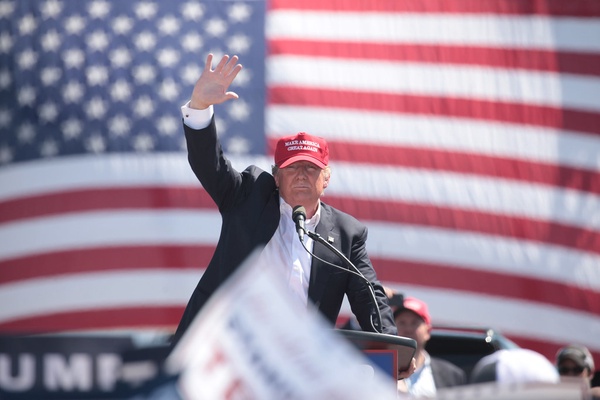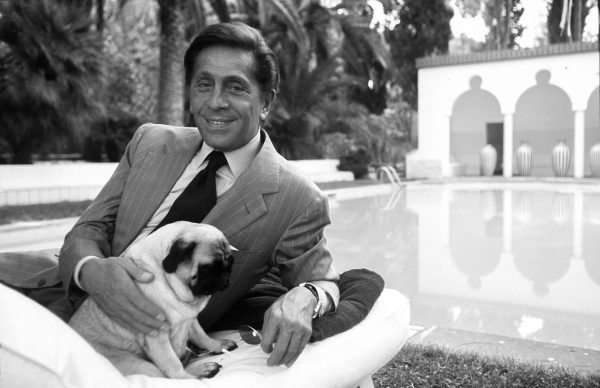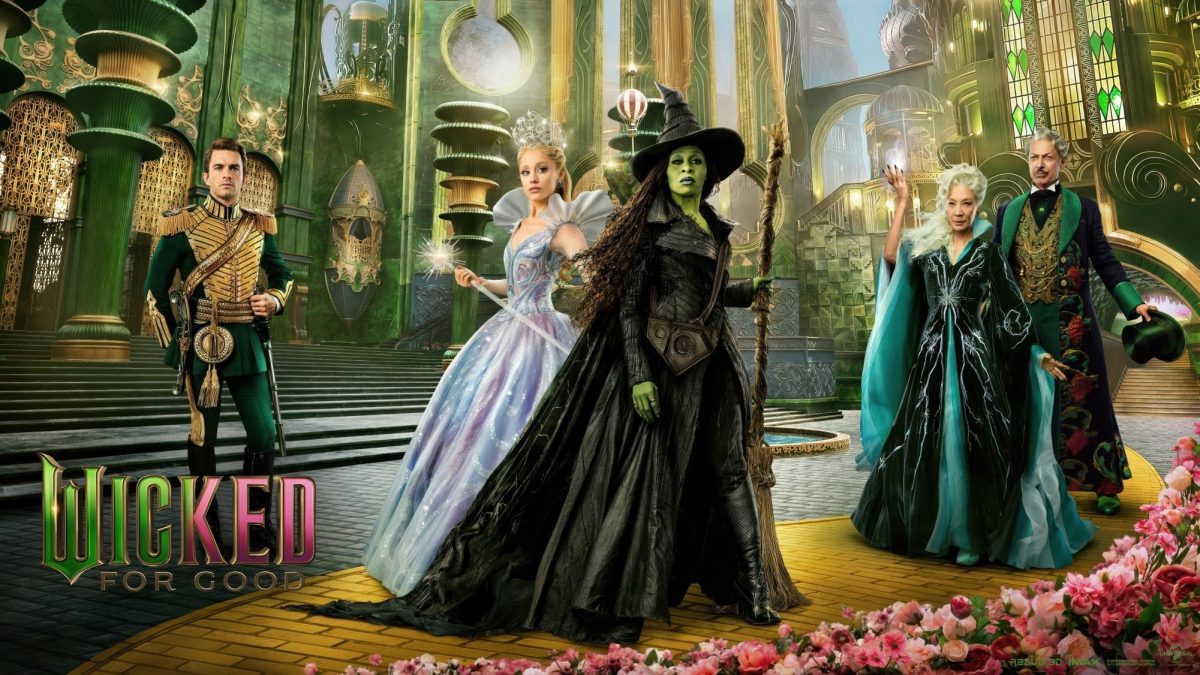Trump Then and Trump Now: Minimal Difference

November 2, 2020
It was in 2016 when I first heard of Donald J. Trump. Ignoring his coiffed hair and surprising age, it was his oozing confidence and boisterous speeches that immediately stood out. Now, almost four years later, controversy has almost become synonymous with the U.S. President. When Trump defended Roger Stone (who was accused of working with Russia to tamper with the 2016 election) and commuted his sentence to 40 months in June, it was controversial. When Trump labeled the Novel Coronavirus as the “Chinese virus” in March, it was controversial. Even his entry into the White House was controversial, with the election results defying expectations. However, less known perhaps is the shady backstage of Donald Trump’s tumultuous life—his childhood.
In New York, June 14, 1946, Donald Trump was born into the conservative German-American family of Fred and Elizabeth Trump. A childhood of wealth, strict parents, and the presence of three older siblings contributed to Trump’s extreme narcissism and competitiveness. Although Trump’s childhood friend Mark Golding describes Trump as “a good guy, at least to me,” a multitude of incidents cast doubt upon this statement. One of these include an adolescent Trump being caught throwing stones at smaller children. When transferred to a military high school, Trump even attempted to throw a fellow cadet out of the window, after being hit by a broomstick. Despite his outrageous acts, “Donny” impressed fellow peers with his athleticism, incorrigible antics, and a solid refusal to back down from any challenge. Even to this day, a number of his childhood characteristics are still very much present.
This is why one of the most common complaints about the President is his petulant, almost childish behavior at times. Looking at his adult behavior (such as addressing Hillary Clinton and Democrats as “crooked”) alongside his childhood, it can be seen that Trump’s whole life has centered around a “dominate or submit”mentality. Certainly, he has dominated a number of times in adulthood, whether it be his business career or his presidency. Trump’s lifelong mentality and his years of business experience has propelled him to such heights. He has transformed from a childhood bully, to a calculating man who wields both a desire to win and personal whim to sate his desires.
As the 2020 election comes to a close, Trump’s drive to win is still obvious. His speeches continue to center around self-praise and bluster, while his refusal to apologize for poor management of the pandemic (even in the face of 228,000 American deaths) is just another example of his win-at-all-costs attitude.
Even after all these years, the President still holds firm to his childhood arrogance and selfishness. America is suffering from a plague of ineptitude—and Donald Trump is the source of it.



















